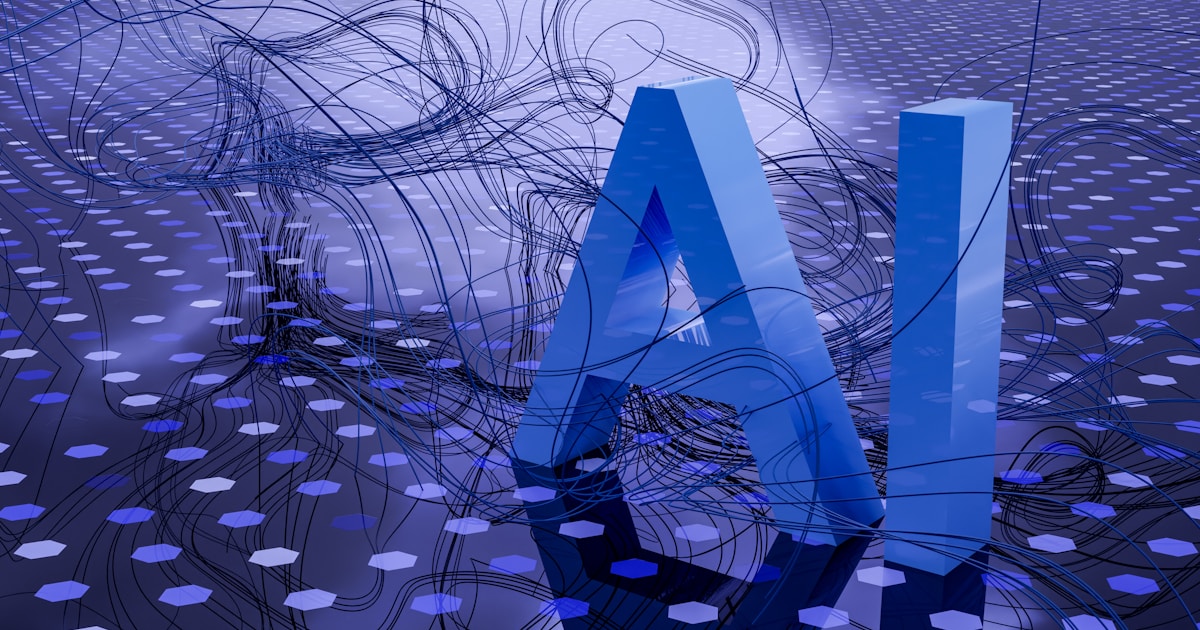London, 26 May 2025 — The Model Context Protocol (MCP) has emerged as the game-changing standard that's transforming how developers integrate AI into their workflows. With Claude 3.7 Sonnet's recent launch and widespread industry adoption, MCP is proving to be the missing link between AI capabilities and real-world development needs.
Beyond Simple Integrations
Unlike traditional API integrations that require custom code for each service, MCP provides a universal protocol that allows Claude to seamlessly connect with any data source or tool. This standardisation means developers can focus on building features rather than maintaining integrations.
"MCP fundamentally changes how we think about AI integration," explains Dr Sarah Chen, Lead Developer at Block, one of MCP's early adopters. "Instead of building separate connectors for each AI model, we now have one protocol that works everywhere. It's reduced our integration time from weeks to hours."
Real-World Impact
The protocol's impact is already visible across the development ecosystem:
Enterprise Adoption
Major companies including Block, Apollo, and leading financial institutions have integrated MCP into their development workflows. These organisations report:
- 70% reduction in time spent on repetitive coding tasks
- 90% faster integration of new tools and services
- 50% decrease in context-switching overhead
Development Tool Integration
Leading development platforms have embraced MCP:
- Cursor and Windsurf: Direct MCP integration allows Claude to access project files, databases, and APIs within the IDE
- Replit and Codeium: Enhanced AI assistance with contextual awareness of entire codebases
- Sourcegraph: Enterprise-wide code intelligence powered by MCP connections
Technical Advantages
Universal Access Without Custom Logic
MCP servers provide three core capabilities that transform how Claude interacts with development environments:
- Resources: Structured access to documentation, code snippets, and project data
- Tools: Direct execution of development tasks from database queries to API calls
- Prompts: Contextual templates that guide AI assistance based on project needs
Security-First Design
Every MCP action requires explicit user approval before execution, ensuring developers maintain complete control. The protocol includes:
- Sandboxed execution environments
- Granular permission controls
- Audit trails for all AI-initiated actions
- Enterprise-grade authentication
The 200K Token Advantage
Claude 3.7 Sonnet's 200,000 token context window, combined with MCP, enables unprecedented capabilities:
- Full Codebase Understanding: Analyse entire microservices architectures in context
- Complex Refactoring: Safely restructure large codebases with awareness of all dependencies
- Multi-File Operations: Coordinate changes across dozens of files simultaneously
Pre-Built Servers Accelerate Adoption
Anthropic has released pre-built MCP servers for essential development tools:
Available Now:
- GitHub: Full repository management and code review capabilities
- PostgreSQL: Direct database operations with safety controls
- Google Drive: Document and file management integration
- Slack: Team communication and notification handling
- Puppeteer: Automated browser testing and web scraping
Coming Soon:
- Kubernetes: Container orchestration and deployment management
- AWS/Azure/GCP: Cloud service integration
- Jira/Linear: Project management synchronisation
Developer Experience Revolution
The combination of Claude Code and MCP is creating new development patterns:
Conversational Infrastructure
// Instead of writing complex AWS configurations
"Claude, create a serverless API with DynamoDB backend for user management"
// Claude uses MCP to:
// 1. Generate CloudFormation templates
// 2. Create Lambda functions
// 3. Set up API Gateway
// 4. Configure DynamoDB tables
// 5. Deploy everything with proper IAM rolesIntelligent Debugging
With MCP connections to logging services and monitoring tools, Claude can:
- Analyse error patterns across distributed systems
- Suggest fixes based on historical data
- Automatically create and test patches
- Generate comprehensive debugging reports
Industry Perspectives
"MCP is the HTTP of AI integration," states James Morrison, CTO at Zed. "Just as HTTP standardised web communication, MCP is standardising how AI tools interact with development infrastructure."
The protocol's open-source nature has fostered rapid community growth:
- Over 500 MCP servers published on claudemcp.com
- 50,000+ developers actively building with MCP
- 100+ enterprise implementations in production
Looking Forward: The MCP Ecosystem
The roadmap for MCP includes ambitious expansions:
Q3 2025: Remote MCP Servers
- Cloud-hosted MCP servers for organisation-wide access
- Centralised configuration management
- Enhanced team collaboration features
Q4 2025: MCP Marketplace
- Verified MCP server marketplace
- One-click deployment for enterprise tools
- Revenue sharing for server developers
2026: MCP 2.0
- Multi-modal support (voice, video, diagrams)
- Advanced orchestration capabilities
- Industry-specific MCP standards
Conclusion
The Model Context Protocol represents more than just another integration standard—it's a fundamental shift in how AI and development tools interact. By providing a secure, standardised way for AI models to access and manipulate development resources, MCP is enabling a new generation of AI-assisted development that's more powerful, more secure, and more accessible than ever before.
As one developer put it: "MCP isn't just connecting Claude to our tools—it's connecting our entire development workflow to the future."




